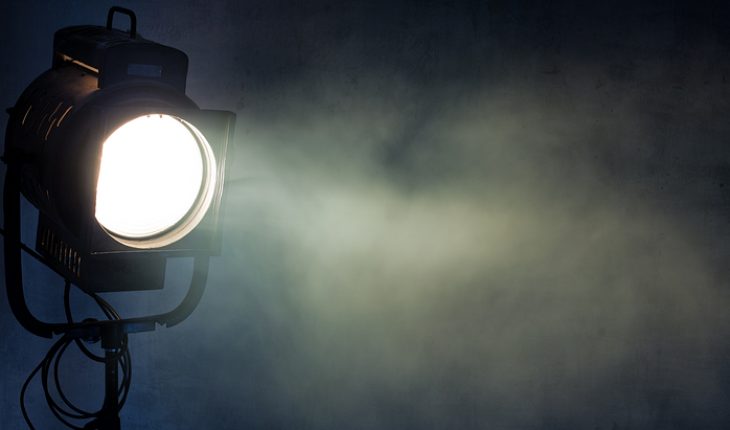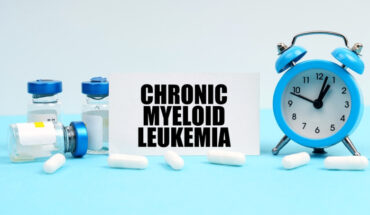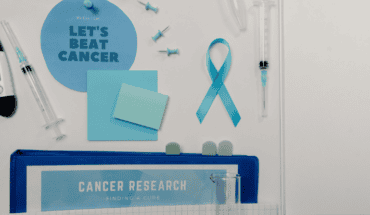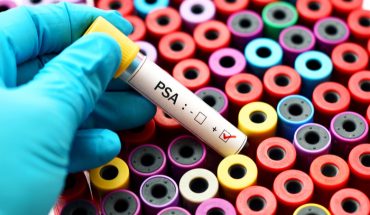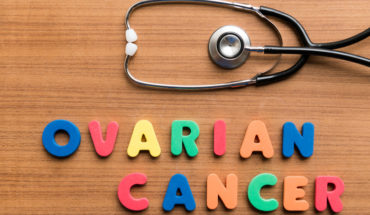I never expected I would be diagnosed with prostate cancer when I agreed to be part of a trial at the Royal Marsden looking into why prostate cancer runs in families. My father, who was a military policeman and didn’t like to see a doctor, died of prostate cancer when he was 59, two years after he was diagnosed. I had held onto the letter for a year until I finally picked up the phone and agreed to take part. I did it for my two boys, Alexander, six and Aedan, seven. I wanted to find out if I had the genes that made me more at risk because I could have passed the faulty genes on to my children. I thought that if I knew, I could make sure that they took steps to avoid the disease too. But there is no way I expected to be told that I had prostate cancer myself at such a young age.
I had various tests, including blood PSA tests, to measure the level of prostate specific antigen in my blood, an MRI scan and a biopsy, when they removed 10 small samples of tissue from my prostate with something that felt a bit like a nail gun.
I remember the day I was called back to see the doctor on June 27th 2016 and he told me that I had stage 1 prostate cancer. This meant that the tumour was still small and completely encapsulated inside the gland. It was a terrible shock. Up until then it had been a typical, ordinary day. Ironically, I was even playing a character on stage who was recently diagnosed with prostate cancer. It seemed that fiction was blurring into reality.
The doctors suggested that I have something called ‘active surveillance’ when they kept an eye on my PSA levels and any other symptoms which might suggest the tumour was growing. In December 2016, they will do another more invasive biopsy to see the true extent of the cancer. That is where I am now. It can be quite nerve wracking, knowing that you have a cancer inside you, but it is the right choice for me now. I have my PSA levels checked every three months and a MRI scan every six months to a year and I will be monitored for at least five years.
Meanwhile, I have made changes to my diet and lifestyle which have already helped to bring my PSA levels right down. For example, I don’t eat refined sugar and I am on a super nutrition diet to keep my blood alkaline. I’m hoping I can put off surgery for as long as possible because I know that there are quite a few side effects from prostatectomy including incontinence and impotence.
I am grateful that I agreed to go on the study because it probably saved my life. It is much better to know what challenges lie ahead. Now I have to ensure that I manage my cancer properly, with the help of my doctors and my family. I hope that the ongoing research at the Royal Marsden will help to pinpoint the genes that cause this disease in some people so that further down the line, they may find a way to prevent it happening or cure it when it does appear.
- An actor’s take on early prostate cancer - 17th November 2016

